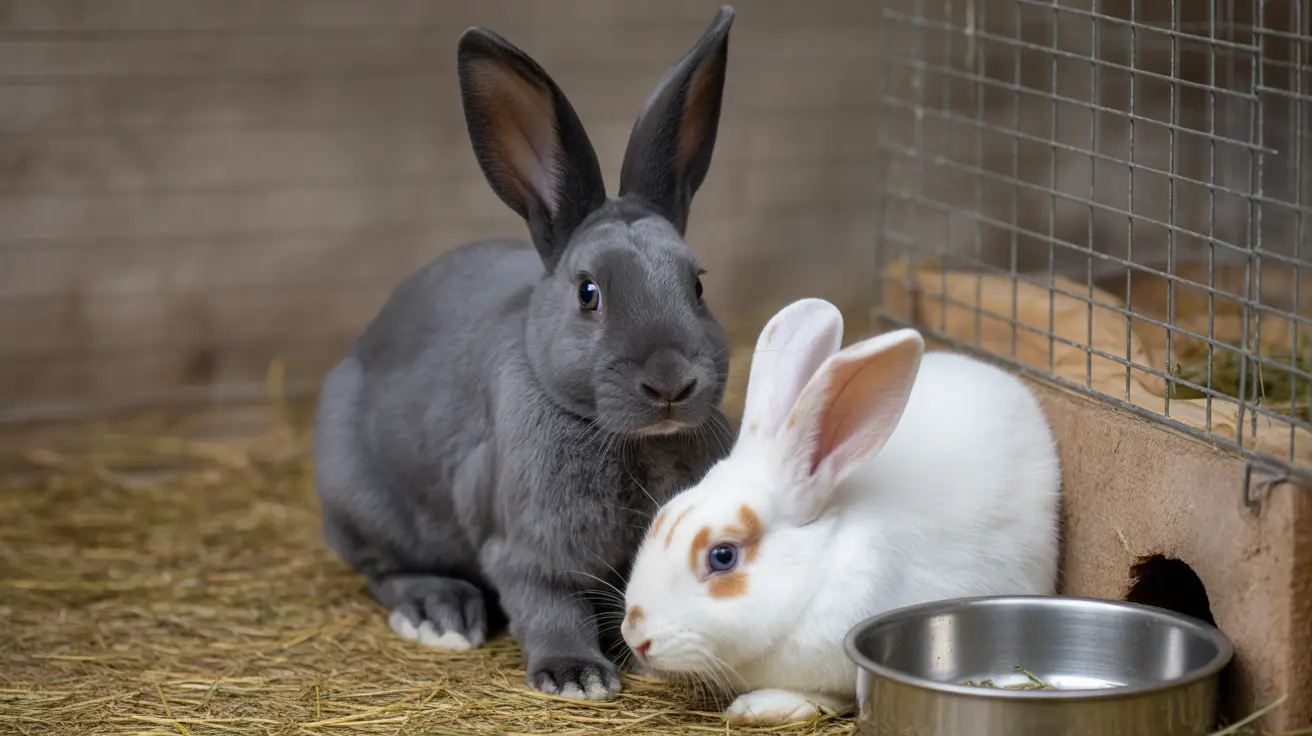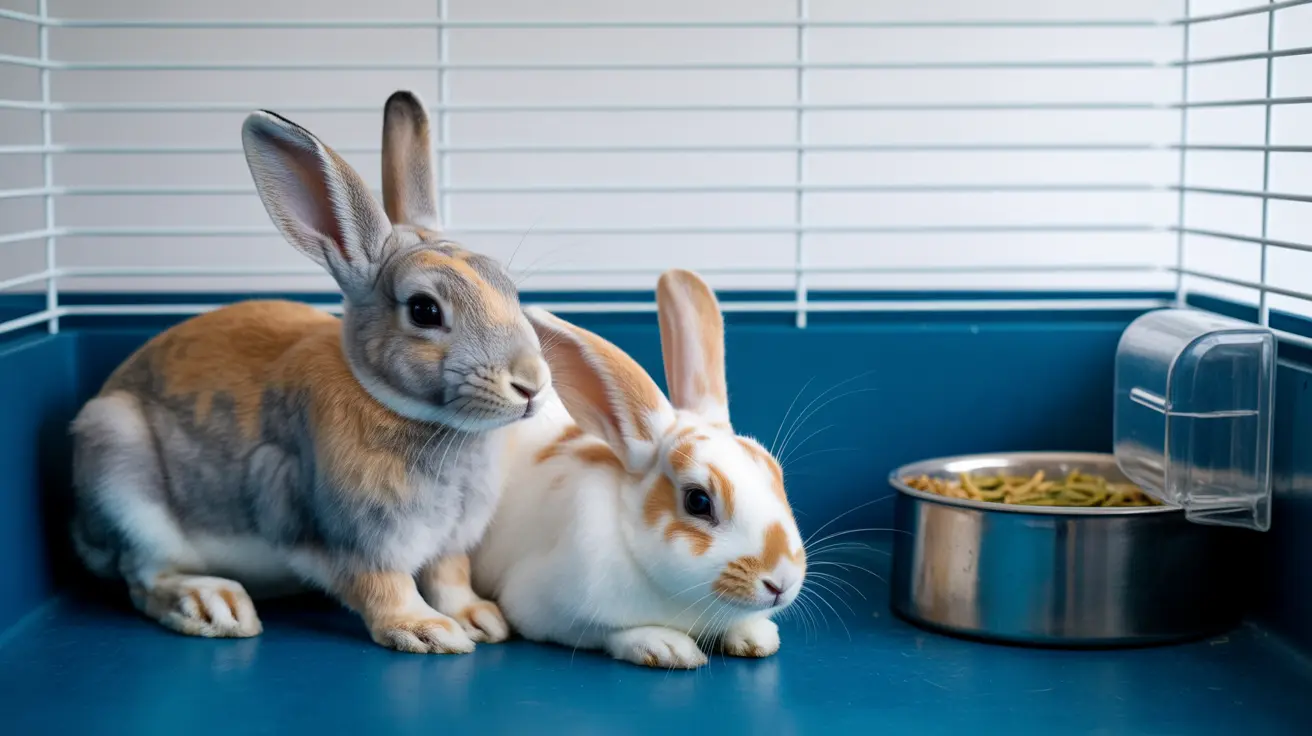Is Jif Peanut Butter Safe for Dogs?
Many dog owners wonder whether it's safe to share their favorite snacks with their furry companions. One common human treat that dogs often crave is peanut butter. It's creamy, delicious, and makes for a great training reward. But not all peanut butter products are created equal when it comes to canine safety. A frequently asked question is: Can dogs eat Jif peanut butter?
Understanding Peanut Butter and Dogs
Peanut butter can be a tasty and nutritious treat for dogs when given in moderation. It’s rich in protein, healthy fats, and vitamins like B and E. However, it also contains lots of calories and fats, which can contribute to obesity and related health issues if overfed.
Jif Peanut Butter: Is It Dog-Friendly?
Jif peanut butter does not contain xylitol, making it generally safe for dogs to consume in small amounts. However, Jif varieties can contain added sugar, salt, and other ingredients that may not be ideal for canine health. Therefore, if you want to give Jif peanut butter to your dog, choose the plain version and always check the label.
Why Xylitol Is Dangerous
Xylitol, an artificial sweetener found in some peanut butter brands, is highly toxic to dogs. Even small amounts can cause:
- Low blood sugar (hypoglycemia)
- Vomiting
- Loss of coordination
- Seizures
- Liver failure
- Coma or death
Jif does not list xylitol as an ingredient, but it’s important to always read labels, as ingredient formulations may change without notice.
How to Safely Serve Peanut Butter
Peanut butter should be treated as an occasional snack, not a staple of a dog’s diet. Here are safe serving guidelines to help prevent overfeeding:
- Extra-small dogs (2–10 lbs): 1/2 tsp once daily
- Small dogs (11–20 lbs): 1/2 tsp twice daily
- Medium dogs (21–50 lbs): 1 tsp once daily
- Large dogs (51–90 lbs): 1 tsp twice daily
- Extra-large dogs (90+ lbs): 1 tbsp once daily
Note: Always adjust the serving size based on your dog’s specific caloric needs. Treats should not exceed 10% of daily intake.
Best Uses of Peanut Butter for Dogs
- Hiding medication (e.g., pills)
- Filling interactive toys like KONGs
- Enrichment activities (smeared on a lick mat)
- As a high-value training reward
Signs of Allergic Reaction
Some dogs may be allergic to peanuts. Watch for symptoms such as:
- Itching or redness
- Hives or rashes
- Diarrhea or vomiting
- Swelling of the face or throat
If any of these signs occur, stop feeding peanut butter and consult a veterinarian.
Health Conditions to Consider
Peanut butter may not be suitable for dogs with:
- Obesity
- Pancreatitis
- Diabetes
- Food allergies or sensitivities
Always consult your vet before introducing new treats if your dog has a known health condition.
Natural vs. Processed Peanut Butter
The best peanut butter for dogs is natural, unsalted, xylitol-free, and contains only peanuts (and perhaps a small amount of salt). Avoid products with added sugar, artificial sweeteners, hydrogenated oils, and flavorings.
What to Do in Case of Xylitol Poisoning
If you suspect your dog has consumed peanut butter containing xylitol, seek emergency veterinary care immediately. Symptoms to watch for include:
- Vomiting
- Lethargy
- Tremors or seizures
- Loss of coordination
- Collapse
Conclusion
Yes, dogs can eat Jif peanut butter, provided it is xylitol-free and offered in moderation. Always check the ingredient label, monitor your pet for any adverse reactions, and consult your veterinarian if in doubt. Safely used, peanut butter can be an enjoyable treat and helpful training tool for dogs of all breeds and sizes.





